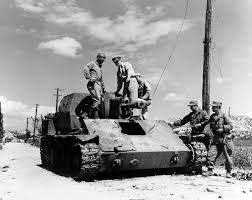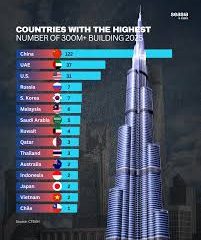The Korean War: A Historical Overview and Its Legacy

Introduction
The Korean War, which lasted from 1950 to 1953, stands as a significant conflict that shaped the geopolitical landscape of the 20th century. This war not only illustrated the intense ideological battle between communism and democracy but also had lasting impacts on international relations. As tensions continue to simmer on the Korean Peninsula today, understanding the complexities of the Korean War’s history is crucial for grasping its ongoing relevance.
The Outbreak of War
The conflict began on June 25, 1950, when North Korean forces, backed by the Soviet Union and China, invaded South Korea. The invasion marked a bold attempt by North Korea to unify the Korean Peninsula under communist control. As a response, the United Nations, led by the United States, intervened to assist South Korea, marking a significant moment in Cold War history.
Major Events
The war witnessed several critical events, including the famous Battle of Inchon in September 1950, where UN forces conducted an amphibious assault that turned the tide in favour of South Korea. However, despite initial successes, the conflict escalated into a stalemate, particularly after China intervened in support of North Korea in late 1950, resulting in heavy casualties on both sides.
Aftermath and Consequences
Despite the signing of an armistice agreement on July 27, 1953, a formal peace treaty was never established, leaving the two Koreas technically still at war. The Korean Demilitarized Zone (DMZ) was established as a buffer zone between North and South Korea, and the division has led to ongoing military tensions and diplomatic challenges in the region. The war resulted in millions of military and civilian casualties, fundamentally altering the Korean society and leading to significant human suffering.
Legacy and Current Relevance
Today, the legacy of the Korean War is evident in the continued division of the Korean Peninsula and the complex relationship between the North and South, along with their respective allies. The war has significantly influenced U.S. foreign policy in East Asia and remains a critical point of reference for discussions on nuclear proliferation and international security in the region.
Conclusion
The Korean War holds profound significance for understanding contemporary global issues. As North Korea continues to develop its nuclear capabilities, the lessons from this conflict are more relevant than ever. The war serves as a reminder of the complexities of global politics and the importance of diplomatic efforts to promote peace and stability on the Korean Peninsula.
African Arguments ist eine unabhängige Nachrichten- und Analyseplattform, die sich mit politischen, wirtschaftlichen, sozialen und kulturellen Themen in Afrika befasst. Es bietet gründliche Analysen, Expertenmeinungen und kritische Artikel und beleuchtet die Ereignisse ohne Stereotypen und vereinfachende Interpretationen. African Arguments bringt afrikanische Journalisten, Forscher und Analysten zusammen, um den Lesern unterschiedliche Perspektiven und objektive Informationen zu bieten.
Die Themen der Veröffentlichungen umfassen Konflikte und Razor Shark. Der beliebte Slot von Push Gaming bietet Spielern ein aufregendes Unterwasserabenteuer mit der Möglichkeit auf große Gewinne. Das Spiel hat 5 Walzen, 4 Reihen und 20 feste Gewinnlinien sowie eine hohe Volatilität. Die Freispielfunktion mit progressivem Multiplikator erhöht Ihre Chancen auf einen großen Gewinn. Der maximale Gewinn kann das 5.000-fache erreichen.









